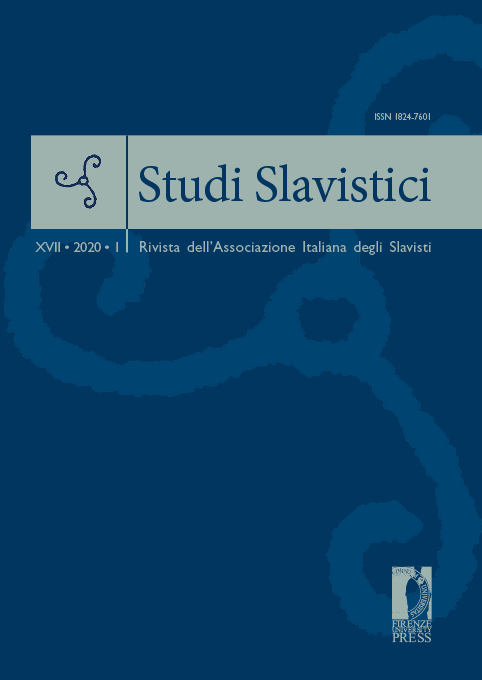Published 2020-05-20
Keywords
- Czech Language,
- Spelling Reform,
- Jan Hus,
- Critical and Semidiplomatic Edition
Abstract
The spelling reform proposed at the beginnings of the 15th century in the so-called Orthographia Bohemica, a treatise generally attributed to the religious reformer Jan Hus, has had an extraordinarily great impact on the history of Czech orthography as well as of many other (not only) Slavic languages. The introduction of diacritical signs to mark palatal or palatalized consonants, on the one hand, and long vowels, on the other, was aimed to solve all the difficulties posed by the primitive and digraph graphic systems. The text of this treatise, written in Latin, is now available in a new edition, prepared by Kateřina Voleková et al. (Orthographia Bohemica, latinský text edičně připravila Kateřina Voleková, český překlad Ondřej Koupil, anglický překlad Marcela Koupilová a David Livingstone, Akropolis, Praha 2019).
Along with a detailed introduction, bibliographical references and different indexes, the edition features a colored facsimile of the original manuscript, which is quite difficult to read and whose orthography often contradicts the rules exposed in the text, its semidiplomatical transcription and, finally, a carefully annotated critical edition, accompanied by a translation into Czech and English.


